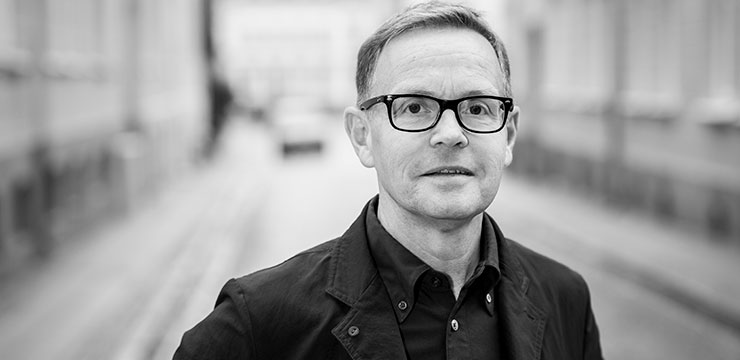New treatment gives cancer patients hope for cure

Every year around 500 people in Sweden are diagnosed with diffuse large B-cell lymphoma. Those affected are mainly people who are 50 years and older. About 10 percent do not respond to the usual cancer treatment — or have a rapid relapse.
“So far, there has been no effective available treatment for these patients. But when we now introduce CAR T-cell therapy in routine care for this particular form of cancer, we can give them hope for a cure, says Mats Jerkeman, oncology consultant at Skåne University Hospital and professor at Lund University.
He emphasises that not all patients will be eligible for the treatment. Factors such as age are taken into consideration.
Cells are shipped to the United States
In January 2020, the first patient at Skåne University Hospital is treated with the new method, which means that T-cells are taken from the patient’s blood and sent to a laboratory in the United States. Once there, the T-cells are modified into aggressive cells. When the cells are given back to the patient by infusion, they will attack a particular protein present on the surface of the cancer cells.
“After about six weeks the patient undergo a PET scan. That is when we know if the treatment has been effective. In previous studies, it has been concluded that about 40 percent of those who are treated with CAR-T cell therapy receive a long-term treatment effect and are hopefully cured, says Mats Jerkeman.
Severe but transient side effects
The treatment can cause severe side effects for the patient, including speech and writing difficulties and a sepsis-like condition that could lead to intensive care. But the side effects are transient.
“They have usually gone away after a few weeks”, Mats Jerkeman says.
The prediction is that 10 to 12 lymphoma patients per year will be treated with CAR T-cell therapy at Skåne University Hospital. Mats Jerkeman believes the method will be used to treat other forms of cancer in the future.
“We hope to be certified soon to provide the same treatment for patients with acute lymphoblastic leukaemia. Within three to four years, the method is probably used also for other forms of cancer.”
Facts: CAR T-cell therapy
- Every day new cells are created in our body, including cancer cells.
The T-cells of the body are part of the immune system that kill the cancer cells before they become too many. - By this treatment, T-cells are removed and genetically modified using a viral vector, making them to express CAR (CAR is a special protein on the surface of cells that recognises tumour cells) to make them more aggressive and proliferate.
- They recognise the cancer cells and attack and kill them.
Source: Kristina Drott, consultant in oncology, Skåne University Hospital, associate professor at Lund University.
Facts: Diffuse large B-cell lymphoma
- Diffuse large B-cell lymphoma is a malignant tumour disease that originates from the B lymphocytes of the immune system. It is an aggressive form of lymphoma.
- Left untreated, survival is short.
- Common symptoms are, rapidly growing glands on the neck, armpits or groins, weight loss, fatigue and fever.
- The disease is treated with chemotherapy and antibody therapy and about 60 percent are currently cured with this treatment.
Source: 1177, internetmedicin.se

